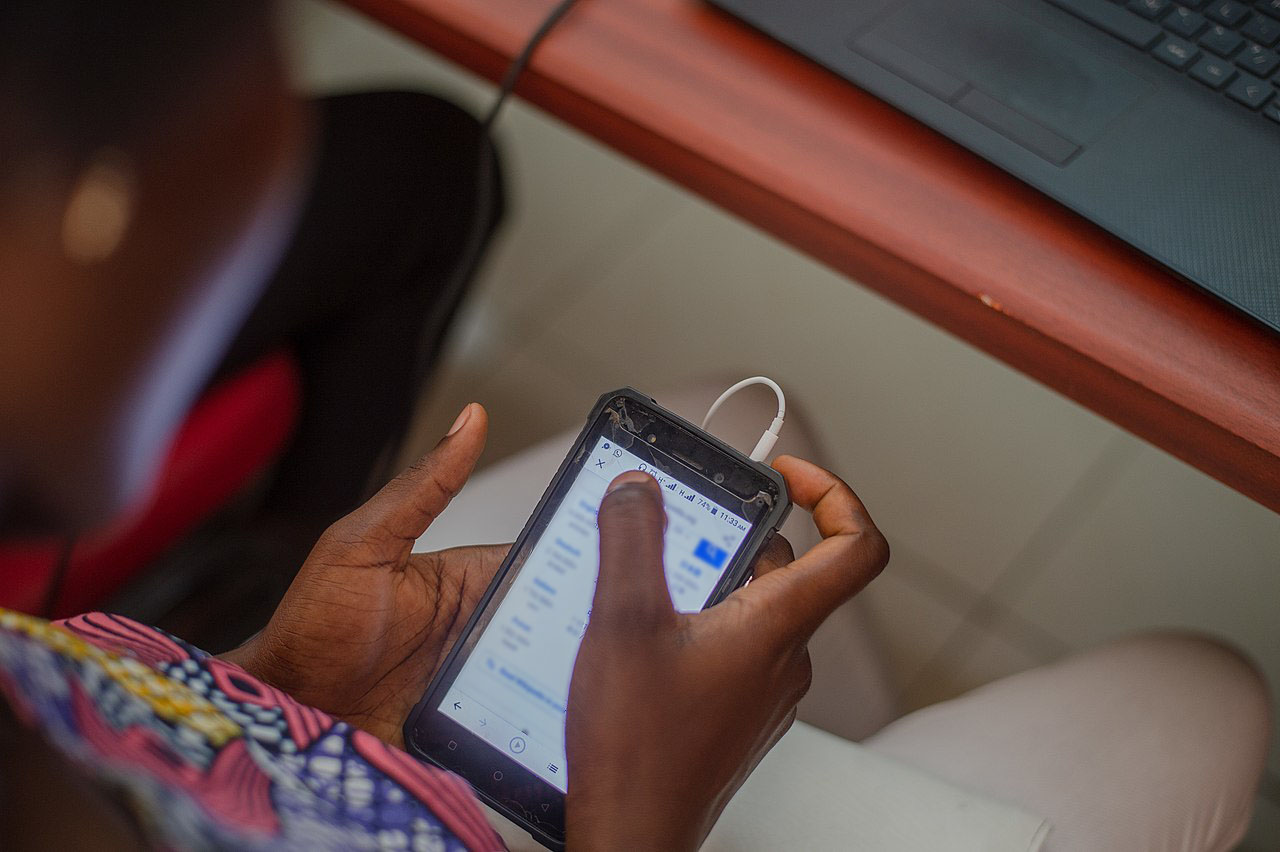Imagine feeling isolated, disconnected and misunderstood in a mental health hospital, potentially far from home, friends and family.
Tackling isolation was the driving force behind the Buddies Project – a pioneering pilot initiative that has aimed to improve autistic people and people with learning disabilities’ quality of life in hospital.
Since January 2022, the charity Bild (the British Institute of Learning Disabilities) and the Restraint Reduction Network (which works to reduce the over-reliance on restrictive practices in health, social care and education) have worked in partnership with the Reach Out provider collaborative.
The aim has been to provide hope to people in hospital by giving them access to someone who truly understood their experiences.
Matching
Commissioned by NHS England, the project matched buddees (patients experiencing high levels of restrictive practices) with buddies (people who have experience of being in hospital}.
Weekly online Zoom sessions provided a safe space for confidential conversations where the trained volunteers could offer empathy and friendship to the patients they were supporting.
These conversations spanned topics from hobbies and life plans to ward problems and navigating complex family relationships.
Buddees were referred by ward staff, with some people learning about the project from fellow patients.
Over the course of the pilot, nine people with experience of being in hospital supported 22 patients within seven settings; in total, 315 confidential sessions were delivered.
The 50-minute video calls took place in private rooms with staff present from a distance, ensuring a secure environment for open communication.
Following an initial interview process, the volunteer buddies participated in a four-week training programme to prepare for their supportive role. They reported personal growth and increased confidence, with one volunteer sharing: “I can make a difference and support myself – I feel like it’s not easy but I can do it.”
Buddies were also helped with bi-weekly support groups to ensure a comprehensive network of care was available, focused on relational safety (safe and effective relationships, essentially) and trauma-informed support. This included access to a psychologist in case any conversations triggered difficult or traumatic memories.
“I find it difficult to talk to some staff about my feelings, about stuff. And there are only certain people I’ll go to with, like, personal information,” said one person who was supported through the weekly sessions.
A clinical psychologist involved in the project observed: “We have individuals who previously struggled to socialise now actively engaging with others.”
One ward manager said of those receiving support: “Knowing someone’s been where they are is incredibly empowering.”
Genuine connections have been formed, fostering a sense of community.
Patients meet patients
Buddees in hospital reported feeling “more alive” and looked forward to their sessions where they could talk about everyday life and find out how the person supporting them was thriving in the community.
The project has also helped patients build their social interaction skills with their peers, reducing the feeling of isolation and loneliness on their wards.
The project has been demonstrated to be a powerful model for improving the experience of people in hospital, paving the way for a more holistic approach that is embedded in peer-to-peer support and co-production.
As the project moves towards its final sessions of the pilot, it is seeking funding from integrated care boards in other areas. This type of service can thrive only with sustained funding firmly in place.
People should live in homes not hospitals, and it is imperative that we help support more autistic people and people with learning disabilities on their journey back home. A project such as Buddies provides a unique and personal roadmap back into communities.
For information on the project, contact Marie Willan at m.willan@bild.org.uk
Ben Higgins is chief executive of Bild





